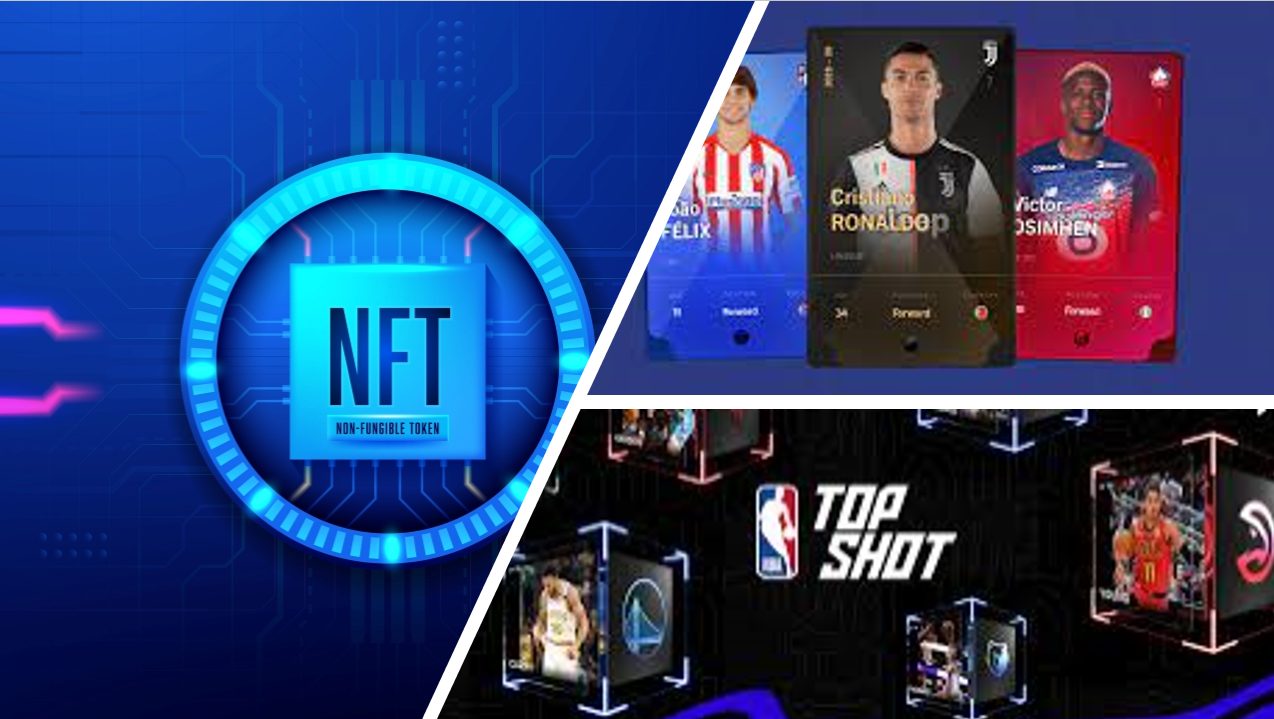Over the past 12 months there has been a lot of hype about the NFT Sports market with many sports teams, leagues (NBA, AS Roma..), athletes (Tom Brady, Osaka, Tiger Woods..), and major tech funds (Andreessen Horowitz) getting into the space. This brings the following questions: Is the NFT Sports…
Share This Story, Choose Your Platform!
Total reviews
Persons recommended this product
Anonymous
Shopper
check_circle Verified
Shop owner replied
Anonymous
Shopper
check_circle Verified
Shop owner replied
Thanks for your review!
Your feedback helps us improve our service.
There are no reviews yet.
Be the first to review “ ”
Please log in to submit a review.
Don't have an account? Register here .
Only logged in customers who have purchased this product may leave a review



